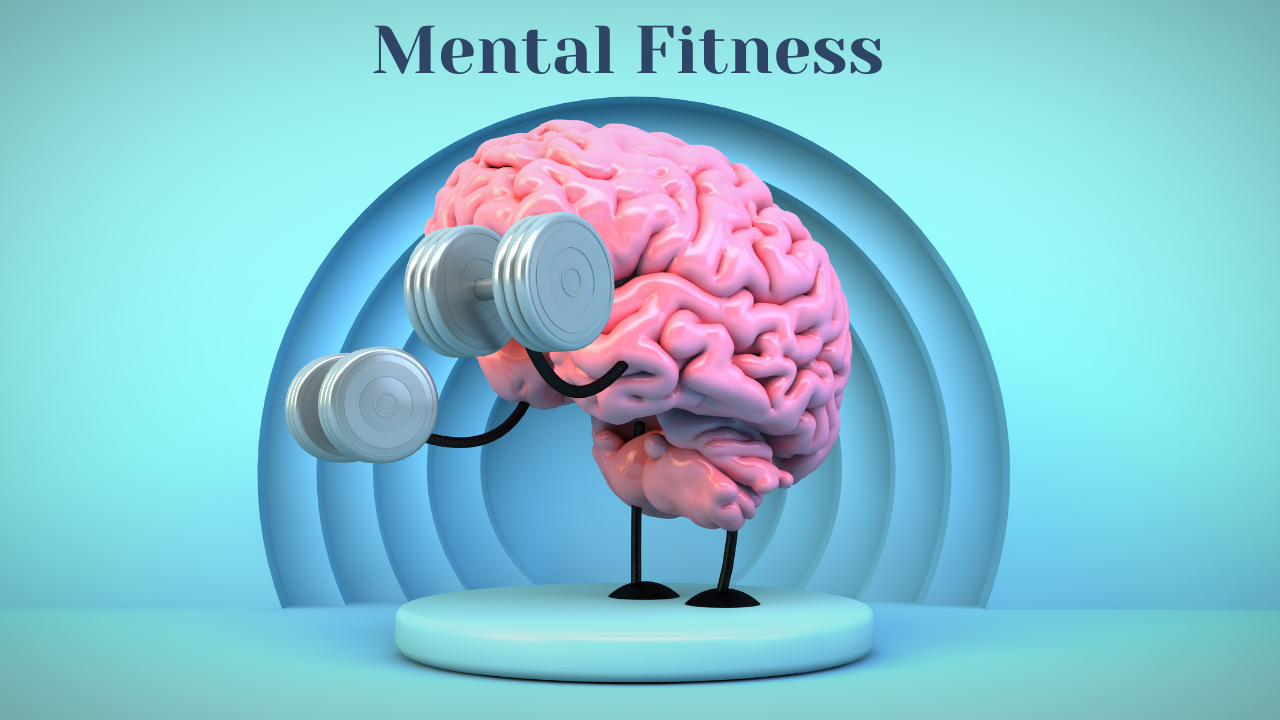5 Tips To Improve Mental Fitness During Menopause
May 30, 2021
There is no arguing about the benefit and importance of physical fitness, but mental fitness is often overlooked. I dare to say that physical and mental fitness go hand-in-hand. You can work out every day, but if you’re feeling depressed or stressed, both of which are much more common during the menopausal transition, you’re more likely to continue making bad lifestyle choices. Isn’t that precisely what you’re trying to avoid?
So what is mental fitness?
Mental fitness refers to participating in activities that help you take care of your emotional and mental health and brain. The benefits are far-reaching but can be summed up as making you more resilient and able to handle day-to-day stressors and challenges. Who doesn’t want that?
How do I improve it?
(1) Practice mindfulness (all you need is five minutes)
According to Dr. Jennifer Wolkin, author of Quick Calm, “The thing about five minutes is, it’s more than zero minutes. Mindfulness - even in small doses - adds up, especially when it’s practiced every day. Practicing five minutes a day has a bigger payoff for your well-being over the long-term than practice for one hour once per week.”
(2) Implement a self-care hour, or even better, a full day
Self-care is a big concept, but in essence, it means to schedule a time every so often to do something that you genuinely enjoy. You could finally be catching up on that show you’ve been wanting to see, reading a book, just sitting in a quiet space without interruptions, … The list could go on and on. You get it. Answer the question of what brings you joy and schedule time to do it. How often you do this is up to you. I find it easiest to implement scheduling an hour or two every week that is completely set aside for me.
(3) Learn how to say NO
“No” is such a small word and yet so hard to say. This strategy can be the hardest one to start but becomes easier with practice. Being able to say no is liberating and sets clear boundaries. Plus, it is straightforward to use. As Annie Lamott said “ ”No” is a complete sentence.”
(4) Exercise regularly
Just like practicing five minutes every day is more beneficial for mindfulness, even small amounts of daily exercise/movement are more valuable than more prolonged bouts less frequently. That is not to say that you should go all-out every day but rather that you should be deliberate in including different types of movement/exercise into your daily routine.
Here are some of the types of exercises that you should aim to include. One is not better than the other. They all have their distinct benefits.
- Strength training
- LIIS (low-intensity steady-state)
- HIT (high-intensity training)
- HIA (high-impact activity)
- Flexibility
- Balance
- Mindfulness-based
Try something new
This one is especially beneficial for your brain. Trying out new things will keep your brain healthy. Have you heard of neuroplasticity? It refers to the capacity of the brain to change continuously throughout life. But this change only happens when prompted by new experiences. I always imagine that neuroplasticity is like the construction of new highways to new places within your brain. Don’t you want to keep exploring? I know I do. Juggling, anyone? :)
What do you do to keep mentally fit? I’d love to hear from you.



